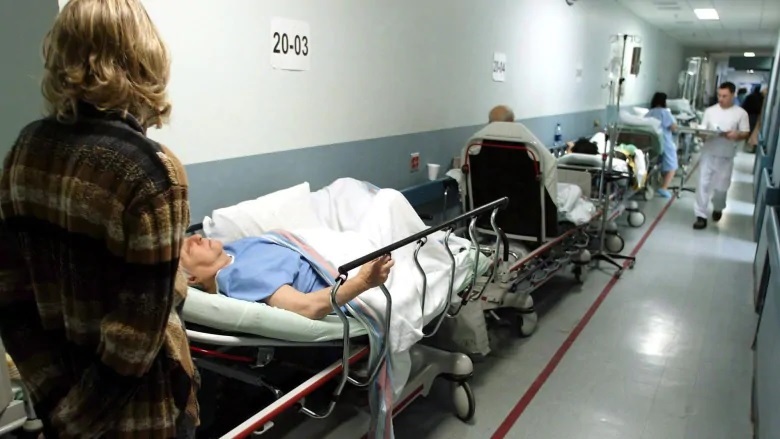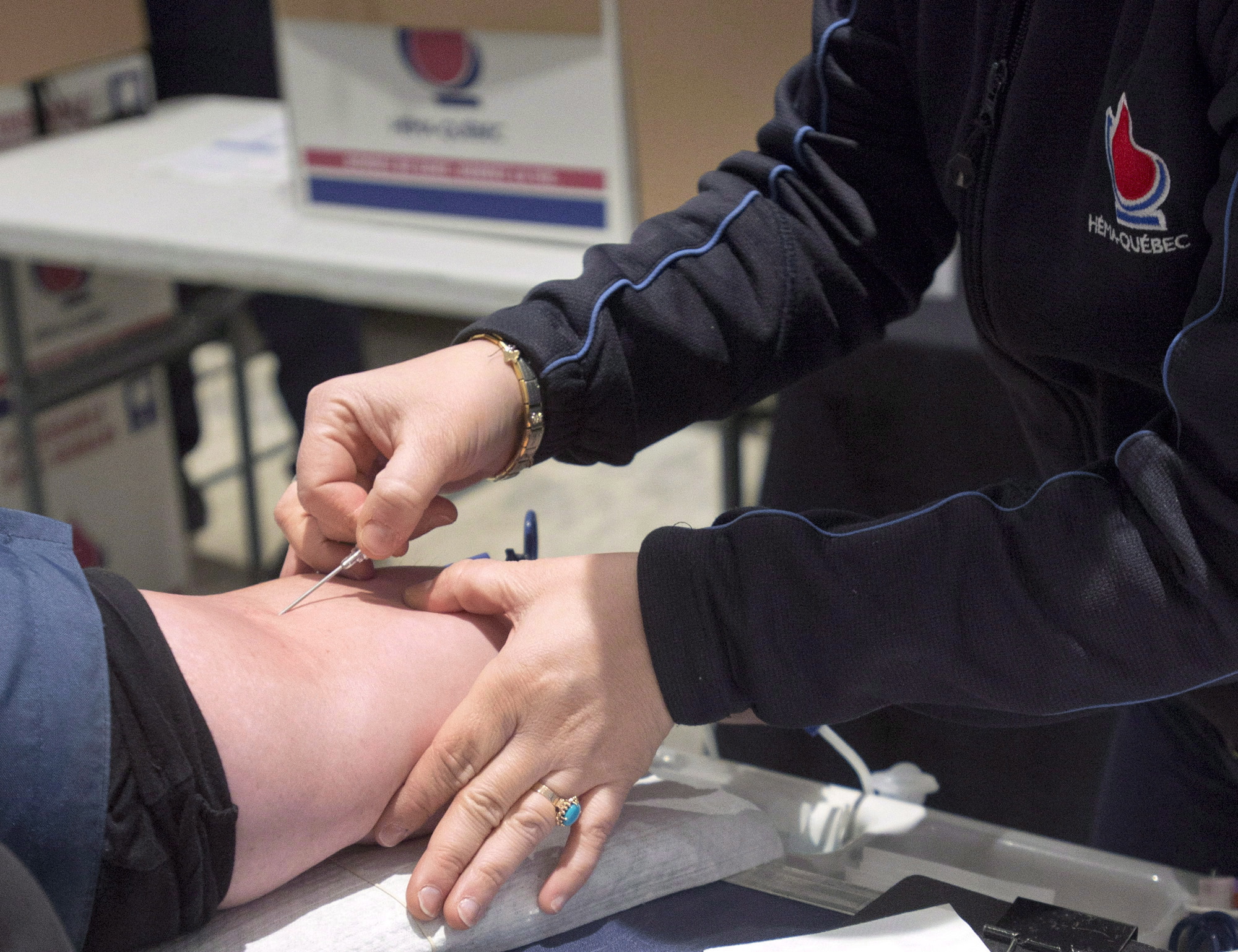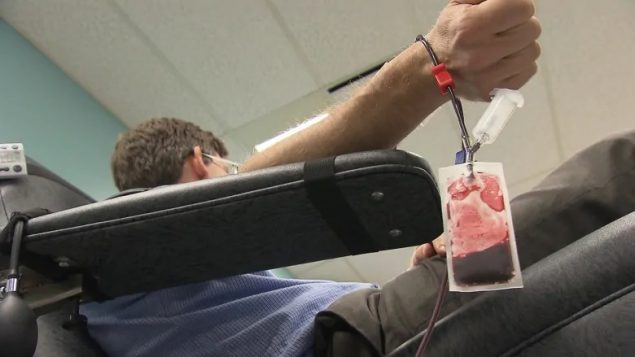Researchers at the University of British Columbia appear to have made a discovery that could have a profound effect on Canada’s blood supply.
They found enzymes that can convert any type of blood to Type O.

The UBC discovery is likely to make things better for people headed
The discovery could vastly increase the pool of potential blood donors and make blood-matching easier and safer.
For transfusions to be safe, blood from a donor must match that of a patient and that’s not always easy.
“Blood type is determined by the presence of antigens on the surface of red blood cells,” says lead researcher Stephen Withers, a UBC professor of chemistry and biochemestry.

A man gives blood in Montreal in 2012, just about the time Canadian research team began work to find enzymes that can convert any type of blood to Type O. The team succeeded. (Ryan Remiorz/Canadian Press)
“Type-A blood has the A antigen, B has the B antigen, AB blood has both antigens and O blood has none.
“Antigens can trigger an immune response if they are foreign to the body, so transfusion patients should receive either their own blood type, or type O to avoid a reaction.
“That’s why O blood is so important.”
Over six years, the team sampled DNA from millions of micro-organisms in pursuit of the desired enzymes,
Finally, by extracting bacterial DNA from fecal samples, the team found what it was looking for in the mucous membrane that lines the human gut.
Withers and his team plan to apply for a patent on the newly identified enzymes and will work with Canadian Blood Services and the Centre for Blood Research to test them on different types of blood from a variety of donors.
I spoke by phone with Withers on Friday about his team’s discovery and how and when it will affect the rest of us.
ListenWith files from CP, CBC, Postmedia, Huffington Post







For reasons beyond our control, and for an undetermined period of time, our comment section is now closed. However, our social networks remain open to your contributions.